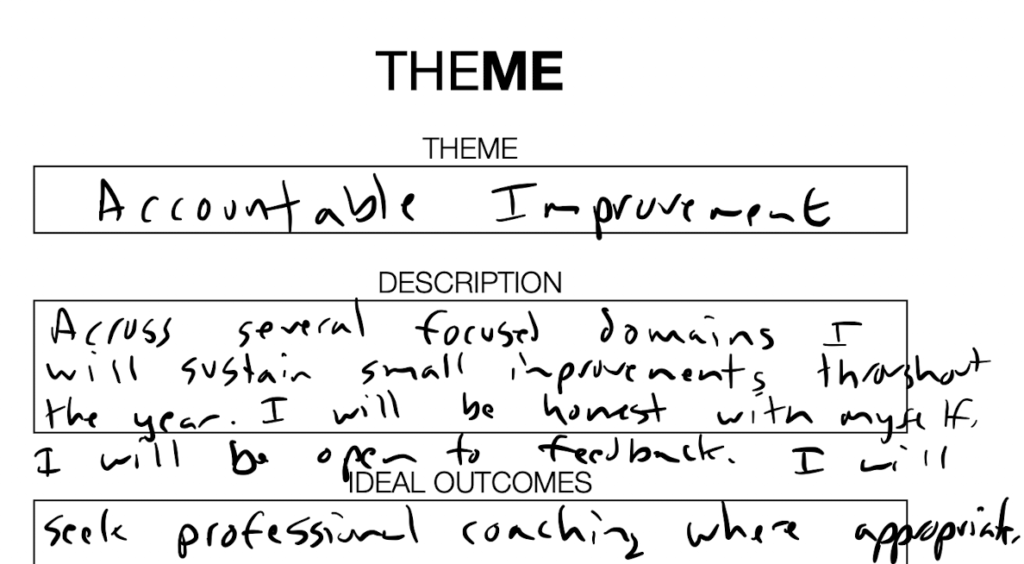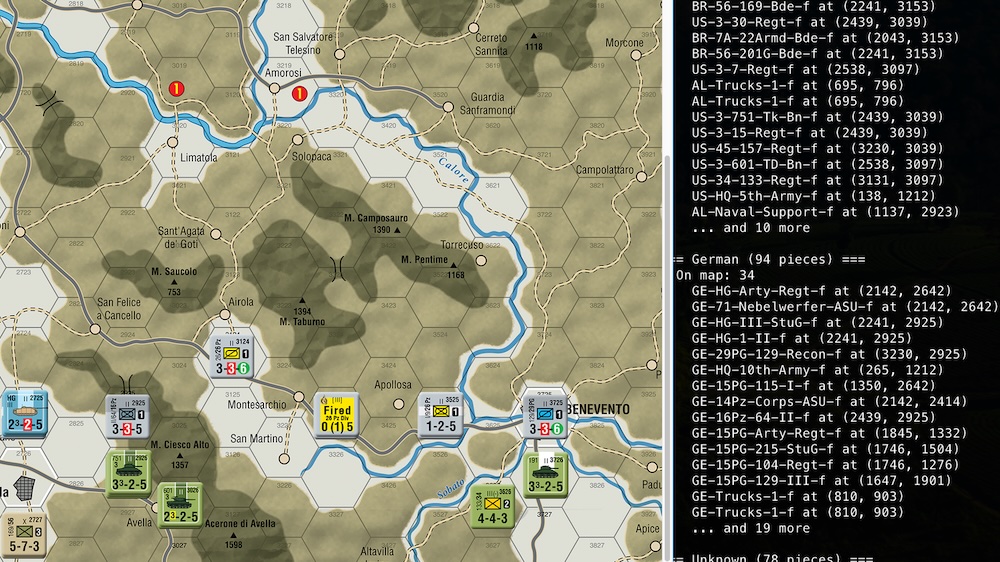SimplyFun Game Night
SimplyFun is a relatively new game company with a novel business model - direct sales of games through SimplyFun independent consultants (similar to Tupperware and others) that come to your home for a party to demonstrate and play their games. SimplyFun has a recognizable leadership team and since their launch I've been curious to see both the business model and games in action. So, back in July I went to the website and expressed an interest in hosting a party. Within a few days Amy Ellis was in touch with me to schedule the event, also providing some good tips on planning and preparing a guest list. Amy (and her husband Steve) are also part owners of the local game shop Rainy Day Games. I used the handy eVite online service to invite friends and track attendance.
Last night was the night for the party, and I had 10 people confirmed to attend (some game group regulars, work friends, and local friends). Knowing that the games from SimplyFun were of the, ahem, lighter sort I wasn't very confident any of the die-hards would show up from the RipCity group - Mike Deans and Ken Rude both accommodated though and at least one of them had a good time.
Most of you are probably interested in the games, so I'll dive in and share my experiences with each. The event went well, people had fun and bought product (I think a total of over $400 worth), and at least a few expressed an interest in hosting their own event in the future.
Amy started us off with Linkity, a word association game. Each player is dealt a hand of cards with single letters on them, and the start player lays down a card and says a word that starts with the letter on that card. The hand then proceeds in real-time, with players laying down cards by free associating with the prior word. An example might be "Leg", "Foot", "Meter", "Water".
If at any point a player feels that an association is inappropriate or too much of a stretch, the player can challenge and call for a vote. If the challenge is upheld, the offending player takes back the card and draws two more. If the other players disagree with the challenger, then the challenger must draw two more cards. The hand is over when a player runs out of cards, with each other player scoring points equal to the number of cards left in her hand. I rate the game "OK", probably about a 6 or so - a fun party game but not much in the box to make it a compelling purchase. I could probably just use my set of Alpha Cards to play the game.
Next up was Handy, a dexterity game described as "Twister for your hands". The game comes with a set of 30 different balls that players try to suspend between pairs fingers from adjacent players based on cards that are drawn. I didn't play this one, but after observation I decided it wouldn't make my purchase list. Again, too little to the game to grab my interest.
Next up was Walk the Dogs, a cute little set collection game with some creative mechanics. The game comes with 63 dogs of about 7-8 different types that get randomly put into a chain (head to tail) of dogs in the center of the table. Players alternatively collect dogs from this central chain by playing cards that allow them to take dogs from the front, back or both ends of the chain and put them into their own personal chain. The goal is to build contiguous sets of the same types of dogs in your personal chain - these sets score the square of the length of the set. There's risk in keeping these sets open on your chain, however, as there are cards that force players to discard their longest exposed set on the end of a chain.
This game was the first hit of the party, I think because of a combination of the cute little doggies and a more interesting game. This one went right onto my purchase list.
I surprised Amy by requesting (several times) that she bring and we play TuneBaya, a lyrics and singing party game. This one is designed by Peter Sarrett and Michael Adams and, while it won't be at the top of everyone's list, for groups that enjoy singing and music this is a great party game.
The game is played over eight rounds, each round starting with a card draw where a player chooses one of two song topics. Players then write down the title of a song that includes the topic word or category in its lyrics, followed by grabbing a small microphone from the middle of the table (there is one fewer microphone than the number of players, like when playing spoons). Once each of the microphones is taken, the player who first took a microphone sings his song. Other players join in the song if they know it as well, but at least 10 words of the song must be sung in order to score points. If one or more other players wrote down the same song title, each of those players gets a five point bonus. Each player that joins in the song also gets a bonus point, and the player that wrote down the song title gets a point for each other player that joined in. So if there were five players in the game, and another player wrote down the same song title as I, and four players in total sang along, I would score the five point bonus plus four points for a total of 9 points. The other player that wrote down the same song would also score 9 points. Obscurity does not pay off in this game, a key point that will likely keep me from ever winning this game. It was great fun though and jumped right onto my purchase list.
Those that were not interested in singing played the word game Plext over in the kitchen. I still don't know much about the game, but comments were favorable from those that tried it. The goal seems to be to build the shortest possible words that use a sequence of letters in succession, where you are allowed to plug in your own letters in between the letters shown on the board.
Our last SimplyFun game of the night was Eye to Eye. This is a game of categories where you try and come up with specific examples within a category (like "Soap Brands", or "Shades of Red") that you think other people will come up with as well. Again, obscurity does not pay in this game. The scoring mechanism is quite cool but a bit gratuitous - there are wooden cubes that you collect when you score points (points are bad) and you build them into a pyramid. When your pyramid is complete, or if all of the scoring blocks are gone, the game is over.
This is a great light party game that should be popular for family gatherings. I'm purchasing it and it should find some decent amount of play out at the coast.
Thanks to Amy and all my friends for making this party a success. I wish SimplyFun lots of success - it looks to be a solid business model and hopefully they and their consultants can make some money while spreading the word about family gaming.








